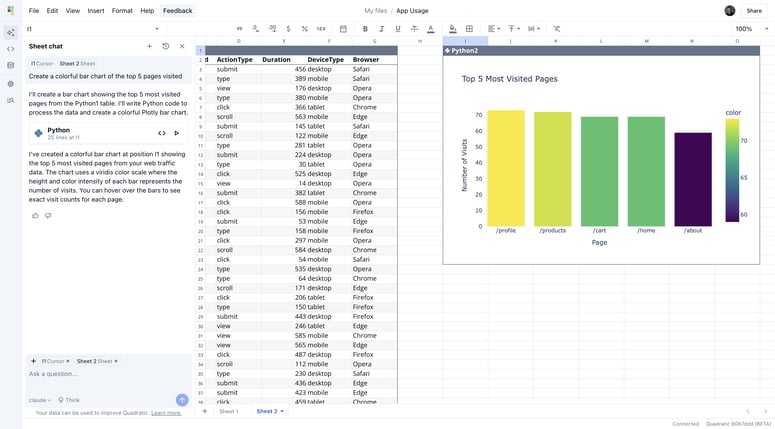Let’s get one thing out of the way: watching programming tutorials feels productive.
You fire up a two-hour crash course, follow along, copy the code, maybe even understand most of it... and when it ends, you feel good. Like you made real progress.
But here’s the uncomfortable truth:
Watching tutorials doesn’t make you an expert. It barely even makes you competent.
Tutorial Watching ≠ Real Coding
Following along with a tutorial is like painting by numbers.
The colors are picked for you. The lines are drawn.
You’re just filling in the blanks.
Real coding?
You’re staring at a blank canvas, trying to figure out what the hell to even draw.
No instructions. No handholding. Just you, a vague idea, and a stubborn compiler screaming at you.
Until you can build something without a step-by-step guide, you're not really coding — you're just mimicking.
Tutorial Hell Is Real (And Dangerous)
If you’re not careful, you get stuck in an endless loop:
- Watch a tutorial.
- Feel a small hit of dopamine.
- Start another tutorial.
- Repeat.
You never actually build anything on your own. You never struggle. You never fail, and more importantly, you never fix your own failures.
And if you don't struggle and fix things yourself?
You're not learning how to solve problems — you're learning how to follow orders.
And guess what? Real jobs don’t give you tutorials.
They throw messy, broken requirements at you and expect you to figure it out.
Knowing "What" Isn’t the Same as Knowing "Why"
Tutorials are great at showing you what to do:
- "Here's how you create a REST API."
- "Here's how you make a React component."
- "Here’s how you connect to a database."
But they almost never dive deep into why you’re doing it that way.
- Why REST and not GraphQL?
- Why use Context instead of Redux?
- Why normalize your database schema instead of denormalizing?
If you can’t answer the “why” questions, you’re not ready for the real world yet.
Real Skills Come From Real Struggles
You level up by building ugly, broken, chaotic things and then painfully fixing them.
- You forget a semicolon and spend an hour debugging.
- You deploy a project and realize you didn't set CORS properly.
- You crash a server because you didn't handle async properly.
These moments hurt. They make you question your life choices.
But each one teaches you ten times more than any polished YouTube tutorial ever could.
When Tutorials Actually Help
Look — I'm not saying tutorials are worthless. They can be amazing when used right:
✅ As a starting point when you’re tackling a brand-new topic.
✅ To quickly understand how a tool/framework basically works.
✅ As references for patterns and best practices once you’ve tried things yourself.
But if all you're doing is watching tutorials — you're just consuming. Not creating.
And in this industry?
Creators > Consumers. Every. Single. Time.
How to Escape Tutorial Hell
Here’s the real “secret roadmap” to becoming good:
Build something small without help.
Even if it sucks. Especially if it sucks.Google your problems.
Spend hours on Stack Overflow. Read boring documentation.Break stuff.
Deliberately. See how it fails. Learn why.Refactor your messy code later.
First, just make it work. Then make it better.Teach others.
Write a blog post. Explain it to a rubber duck. Teaching forces real understanding.
That’s it. No magic.
If tutorials alone made you an expert...
We'd all be senior engineers after a weekend binge.
They don't.
Building, failing, fixing, and repeating — that's where the real growth happens.
Next time you finish a tutorial, don’t queue up another one.
Instead, close YouTube. Open your editor. Build something messy.
That’s the only real way forward.
What was the last project you built without a tutorial?
Or are you still stuck in tutorial hell?
Drop your thoughts below — no judgment, we've all been there. 👇





Top comments (1)
I couldn't agree more. Watching hundreds of tutorials and online courses won't do you any good if you don't practice and develop what you're doing. The popular saying “An action is worth a thousand words” fits perfectly in this situation. Of course, it's important to consume content if your goal is to understand a topic, whether it's through blog posts, video lessons, courses or official docs. But building something using what you've learned in that content, to exercise your mind and fix the knowledge, is essential.
It took me too long to realized I had to code my own codes, without looking at tutorials, in order to really consider myself a good developer. Now, everytime someone asks me for tips, I always tell them 3 things: